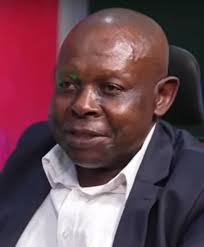Introduction
The recent settlement involving Nkosana Makate, a South African entrepreneur, has sparked significant discussion and interest across the telecommunications landscape in the country. The case, which revolves around Makate’s claim against Vodacom for the use of his innovative idea, sheds light on intellectual property rights and corporate accountability in South Africa.
Background of the Case
Nkosana Makate, who is credited with inventing the “Please Call Me” service, has been on a long journey since he first submitted his idea to Vodacom in 2000. After years of legal battles, culminating in a 2021 Constitutional Court ruling that acknowledged his contribution and directed Vodacom to negotiate a fair compensation, the company and Makate have finally reached a settlement.
The Settlement Terms
Though the financial details of the settlement have not been publicly disclosed, it marks the conclusion of a protracted legal dispute that began over two decades ago. Makate expressed his gratitude towards Vodacom for reaching out to him and recognizes the importance of the resolution. Vodacom, on their part, emphasized their commitment to innovate and support the entrepreneurial spirit of South Africans.
Impact on the Telecommunications Sector
The settlement holds broader implications for the telecommunications industry, particularly regarding the treatment of intellectual property and the rights of employees and innovators. Various stakeholders, including aspiring entrepreneurs, are closely observing the outcome as it sets a precedent for how companies handle innovative ideas and their originating individuals.
Conclusion
The Nkosana Makate settlement is not just a personal victory for him but a potential turning point for the way companies engage with inventors and protect intellectual property. As Vodacom moves forward, this case may encourage a culture of collaboration and respect for individual contributions within the business sector in South Africa. The settlement underscores the importance of justice and fair compensation in fostering innovation, which is essential for economic growth in the region.

